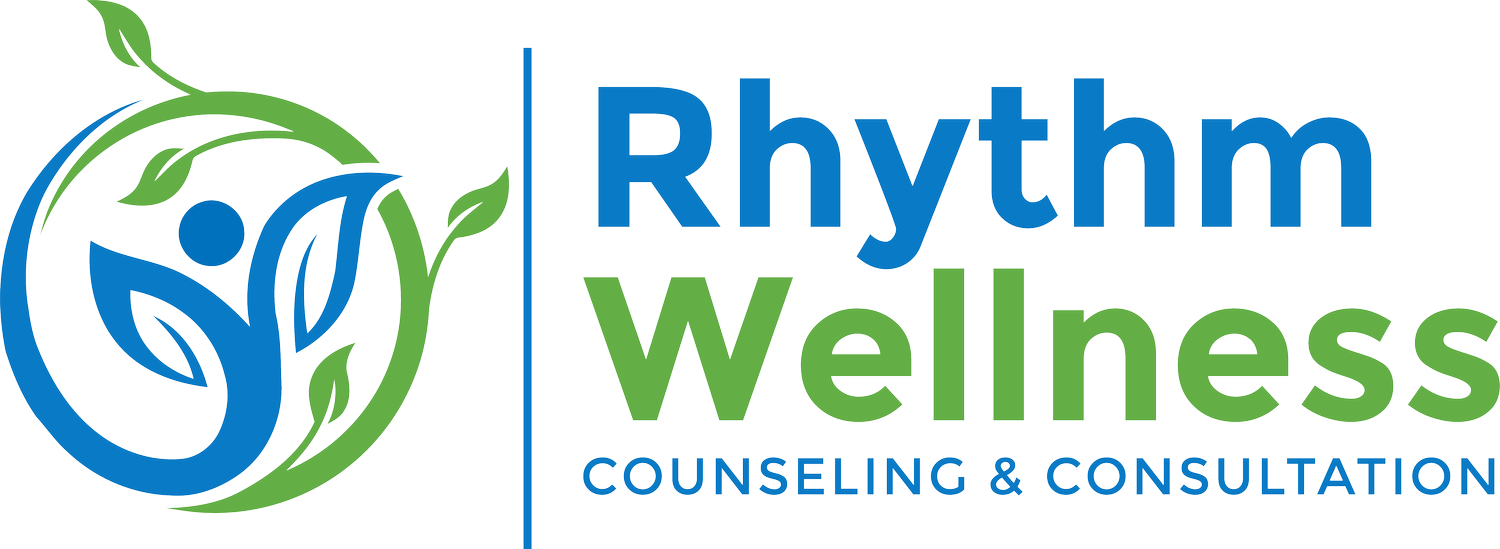Reconceptualizing Addiction: Myths, Facts, and Why it is Widely Misunderstood
Addiction is a complex and chronic condition that affects millions of people worldwide. It is often associated with negative stereotypes, stigma, and shame, which can prevent people from seeking help and recovering from their addiction. In this blog post, we will explore some of the common myths and misconceptions about addiction and why it is important to understand the science behind it.
Myth #1: Addiction is a moral failing or a lack of willpower.
Fact: Addiction is not a choice or a character flaw. It is a disease that involves changes in the brain’s reward, motivation, and memory systems. These changes make it hard for people to control their substance use or behavior, even when they face negative consequences. Addiction can also be influenced by genetic, environmental, social, and psychological factors that make some people more vulnerable than others.
Myth #2: Addiction only affects certain types of people or substances.
Fact: Addiction can affect anyone, regardless of age, gender, race, ethnicity, education, income, or social status. It can also involve any substance or activity that produces pleasure or relief, such as alcohol, drugs, nicotine, gambling, sex, shopping, gaming, or eating. The type and severity of addiction may vary depending on the person and the substance or behavior involved.
Myth #3: Addiction can be cured with a simple treatment or a one-time effort.
Fact: Addiction is a chronic and relapsing condition that requires ongoing care and support. There is no one-size-fits-all treatment for addiction. Different people may need different types of treatment, such as medication, therapy, counseling, self-help groups, or a combination of these. Treatment should be tailored to the individual’s needs and preferences and should address not only the addiction but also any co-occurring medical or mental health issues.
Myth #4: Addiction is a hopeless condition that cannot be overcome.
Fact: Addiction is a treatable condition that can be managed successfully. Many people recover from addiction and lead fulfilling and productive lives. Recovery is not a linear process but rather a dynamic and lifelong journey that involves personal growth, coping skills, resilience, and support from others. Recovery is possible for anyone who seeks help and commits to change.
Why understanding addiction matters
Understanding addiction as a disease rather than a moral failing can help reduce the stigma and discrimination that people with addiction face. It can also encourage them to seek help and access effective treatment options. Moreover, understanding addiction as a complex and multifaceted condition can help prevent it from developing or worsening by addressing the underlying risk factors and promoting healthy behaviors.
If you or someone you love is struggling with addiction, you are not alone. There is hope and help available. At our therapy practice, we offer compassionate and evidence-based treatment for addiction and co-occurring disorders. We can help you understand the causes and consequences of your addiction and guide you toward recovery. Contact us today to schedule an appointment or learn more about our services.
